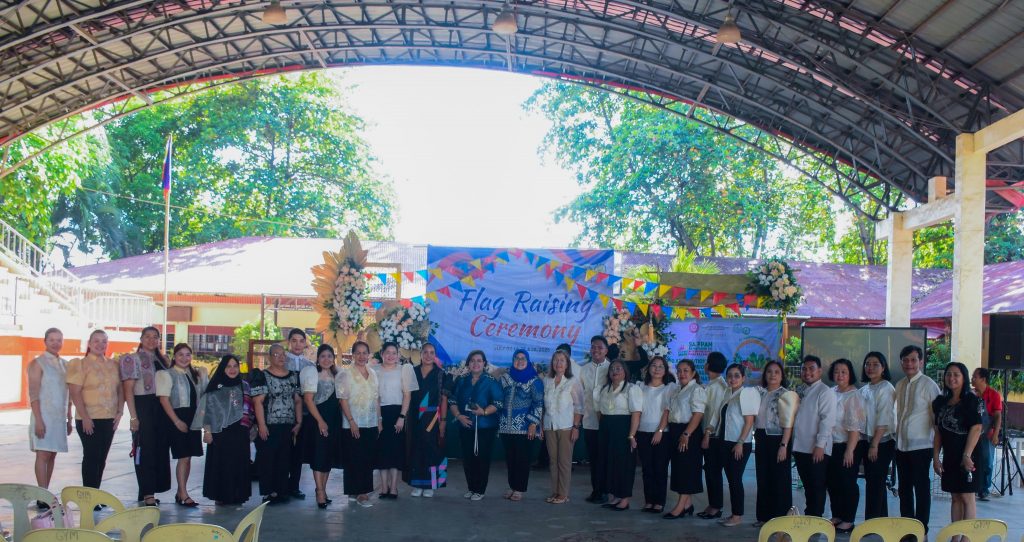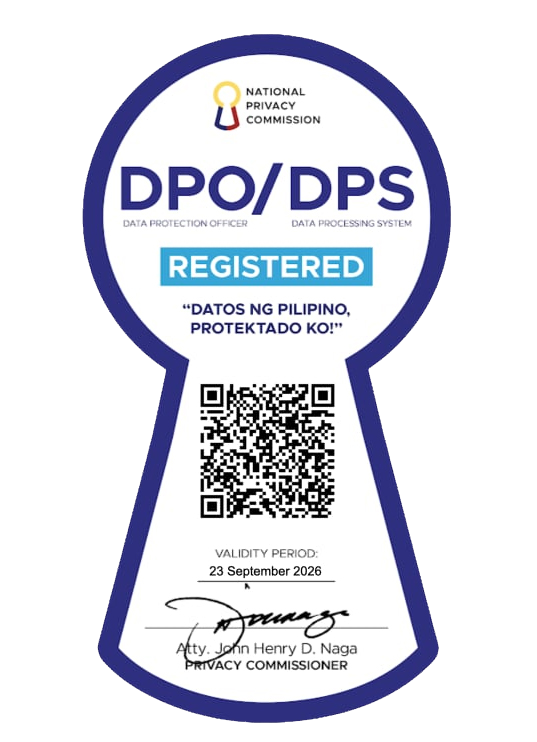The first week of July marks the beginning of a long-standing celebration of Nutrition Month. With vibrant energy and a shared dedication to health and wellness, the College of Home Economics (CHE) spearheaded the opening ceremony of the National Nutrition Month 2025 at Western Mindanao State University (WMSU) with the overarching theme “𝑆𝑎 𝑃𝑃𝐴𝑁: 𝑆𝑎𝑚𝑎-𝑆𝑎𝑚𝑎 𝑠𝑎 𝑁𝑢𝑡𝑟𝑖𝑠𝑦𝑜𝑛𝑔 𝑆𝑎𝑝𝑎𝑡 𝑃𝑎𝑟𝑎 𝑠𝑎 𝐿𝑎ℎ𝑎𝑡!” and with the sub-theme: “𝐹𝑜𝑜𝑑 𝑎𝑡 𝑁𝑢𝑡𝑟𝑖𝑡𝑖𝑜𝑛 𝑆𝑒𝑐𝑢𝑟𝑖𝑡𝑦, 𝑀𝑎𝑔𝑖𝑛𝑔 𝑃𝑟𝑖𝑜𝑟𝑖𝑡𝑦! 𝑆𝑎𝑝𝑎𝑡 𝑛𝑎 𝑃𝑎𝑔𝑘𝑎𝑖𝑛, 𝐾𝑎𝑟𝑎𝑝𝑎𝑡𝑎𝑛 𝑁𝑎𝑡𝑖𝑛!”.
The event shone a spotlight on the importance of nutrition in achieving better health outcomes for faculty, administrative personnel, and students into a dynamic celebration of food and wellness. University President Dr. Ma. Carla A. Ochotorena represented by Vice President for Research Generation Dr. Teresita Narvaez, was at the forefront of the event. It was joined by the different Vice Presidents, University Officials, and administrative personnel.
Adding depth and inspiration to the occasion was guest speaker Dr. Elderico P. Tabal, Dean of the College of Agriculture of Western Mindanao State University (WMSU), and was represented by Dr. Norqueen U. Dumadaog.
According to Dr. Tabal, food security means having physical, social, and economic access to sufficient, sustainable, safe, healthy, and affordable food on a daily basis. He emphasized that it is a basic human right that every Zamboangueño should enjoy. Additionally, Dr. Tabal, an agriculturist, noted that the days when we envisioned and enjoyed cheaper food are long gone. Today, our generation suffers not only from food insecurity but also from an unbalanced diet.
Dr. Tabal, whose research focuses on farming systems designing and analysis, energy accounting in agricultural systems, and carbon emission and sequestration in agricultural landscapes which are analytical to ensuring food and environmental sustainability, has emphasized, “As our world has become so modernized, ensuring food security poses major challenges as 9.3 billion people worldwide will need to be fed by 2050, and more than a million Zamboangueños alive today, excluding transients and visitors who frequent our city requires tons of rice, vegetables, and animal meat – and these are raised, grown and harvested for consumption.”
The food insecurity is here to prevail and even become increasingly be a problem over the coming years because of the population’s choices. “Therefore, food security is not just about the absence of food, but the kind of food we eat,” he said.
However, there are ways to improve food security on our own. Dr. Tabal listed three (3) ways which are: 1. Reducing food waste and food loss; 2. Promoting fair trading practices; and 3. Watching your diet and the ones you love.
As the event ended, the faculty and guests were enlightened on how food security is important in having nutritious food on the table. Much of the problem of malnutrition is rooted on food insecurity. This is a a challenge that must be addressed to ensure the health and well-being of every household. (Atty. MA Tamon-PAO)




